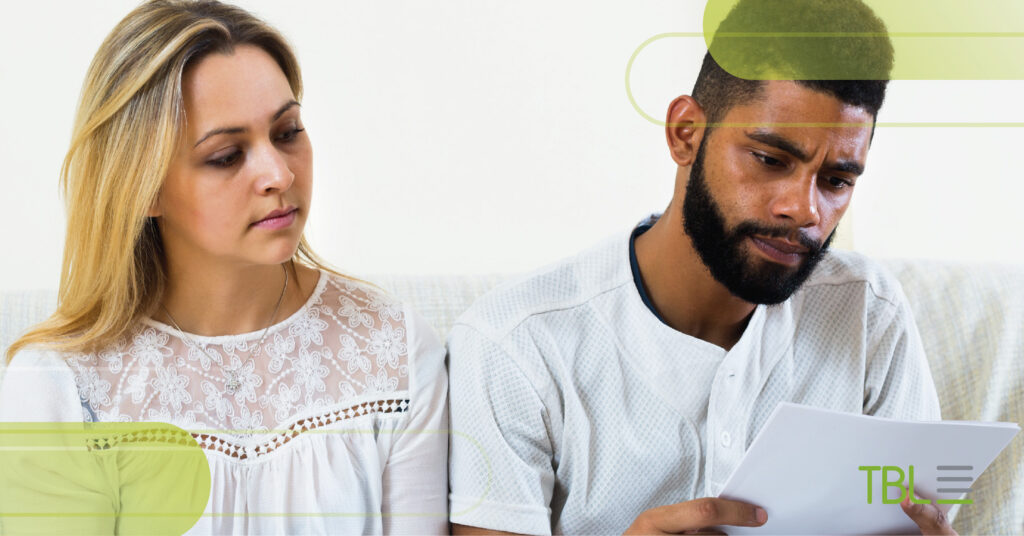Trusts are complex arrangements that allow you to give away assets, such as cash, property and shares, in a way you specify for the benefit of the recipient. Here we examine how trusts could give you the freedom to choose how and when your beneficiaries will receive the funds.
What are the most recent HMRC updates to taxable trusts?
In May 2021, new regulations were introduced by HMRC for tax agents submitting information regarding both existing and new taxable trusts. Taxable trusts are now required to provide additional data to confirm if:
- the trust is, or not, an Express Trust
- a Non-UK trust has a business relationship in the UK
- the trust has purchased any UK land or property
- the trust has a controlling interest in a non-European Economic Area (EEA) company (and if so, provide company details)
They’re also able to supply additional data about the individuals involved in the trust. Information can also be provided about:
- country of residence
- country of nationality
- whether the person has mental capacity at the time of registration
HMRC have also made changes to the way in which they check individuals’ names, NINO’s and DOB are correct. The details will be checked upon input and Service Users will be given three attempts to input the correct details.
What is a trust?
A trust is a legal arrangement where you give cash, property or investments to someone else so they can look after them for the benefit of a third person. Creating a trust is a way of managing assets for people. There are different types of trusts and they are taxed differently.
Why create a trust?
When you put assets into a trust, providing certain condition are met, they no longer belong to you. Examples of when you might want to use a trust:
- To save on estate taxes, known as Inheritance Tax (IHT)
- When you want to give money to someone, but not until they reach a certain age
- When you want to support a vulnerable or disabled person
- When you want to support someone over a long period of time
- When you wish to control and protect family assets
Who is involved in a trust?
- the ‘settlor’ – the person who puts assets into a trust
- the ‘trustee’ – the person who manages the trust
- the ‘beneficiary’ – the person who benefits from the trust
What the settlor does
The settlor decides how the assets in a trust should be used – this is usually set out in a document called the ‘trust deed’.
Sometimes the settlor can also benefit from the assets in a trust – this is called a ‘settlor-interested’ trust and has special tax rules. Find out more by reading the information on different types of trust.
What trustees do
The trustees are the legal owners of the assets held in a trust. Their role is to:
- deal with the assets according to the settlor’s wishes, as set out in the trust deed or their will
- manage the trust on a day-to-day basis and pay any tax due
- decide how to invest or use the trust’s assets
If the trustees change, the trust can still continue, but there always has to be at least one trustee.
Beneficiaries
There might be more than one beneficiary, like a whole family or defined group of people. They may benefit from:
- the income of a trust only, for example from renting out a house held in a trust
- the capital only, for example getting shares held in a trust when they reach a certain age
- both the income and capital of the trust
What are the different types of trusts?
There are many different types of trust, each with different purposes and tax rules. Some of the most common types of trusts are:
- Absolute or bare trusts
- Interest in possession trusts
- Discretionary trusts
- Loan trusts
- Discounted gift trusts
- Discretionary will trust
- Life interest will trust
When you must register a trust?
You must register your trust with HMRC if it becomes liable for any of the following:
- Capital Gains Tax
- Income Tax
- Inheritance Tax
- Stamp Duty Land Tax or Land and Buildings Transaction Tax in Scotland
- Stamp Duty Reserve Tax
Have an enquiry or wish to discuss Trusts and Executorships?
TBL Accountants help clients open trusts during their lifetime, or write them into their Will. We can also act as executors of your Will, so we can deal with the administration of the estate quickly and professionally. Where appropriate, we work closely with specialist solicitors to create trusts.
We can set-up and oversee the entire process from start to finish to ensure your wishes are met. If you would like to chat about Trusts and Executorships please do get in touch. You can contact the team here, or call our Southend office on 01702 466 886.
